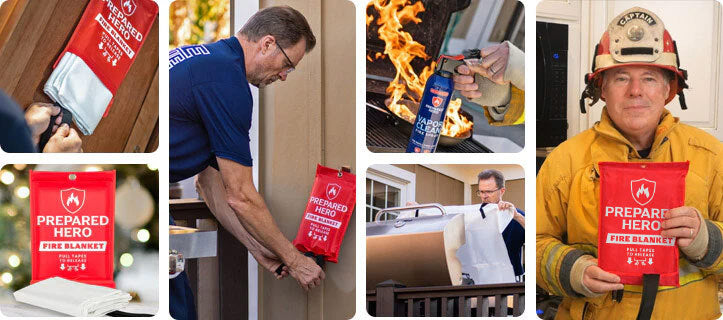Where you put your smoke detectors matters just as much as installing them. Proper placement makes sure they can detect...
Keeping your smoke alarm clean ensures that it works when needed. A dirty smoke alarm can lead to false alarms or, worse, fail to detect smoke. Here’s a complete guide on how to clean your smoke alarm so it remains in top working condition.
1. Turn Off the Power

First, turn off the power to avoid accidental alarms or electrical issues while cleaning. Look for the circuit breaker for your smoke alarm and switch it off. This ensures your safety and prevents your smoke alarm from beeping while you work.
2. Remove the Smoke Alarm

Next, remove the smoke alarm from its bracket. This allows you to access all parts for thorough cleaning.
Depending on your smoke alarm’s model, you might need to twist or slide the alarm off its mounting bracket. If it's hard-wired, gently unplug it from the wall or ceiling. Be careful and avoid damaging the wires.
3. Vacuum the Exterior

Dust and debris can interfere with the alarm’s sensors. Use your vacuum cleaner’s soft brush attachment and carefully vacuum the outside of your smoke alarm. If you don’t have a vacuum, a regular toothbrush will do. Make sure to get into any grooves or crevices where dust might accumulate.
4. Clean the Vents

Dust and debris inside the vents can block smoke from entering the alarm, making it useless against fire. Use your vacuum cleaner’s soft brush attachment to gently clean the vents. You can also use a can of compressed air to blow out stubborn dust. Hold the can upright and use short bursts to avoid blowing dust further inside the alarm.
5. Wipe Down the Alarm

Use a microfiber cloth to wipe the surface of your smoke alarm. Avoid using liquid cleaners since they might damage the components.
6. Reinstall the Alarm

Place the smoke alarm back on its mounting bracket or reattach it according to the manufacturer's instructions. If it’s a hard-wired model, plug it back in and make sure all connections are secure.
7. Turn the Power Back On

Go to the circuit breaker and switch the power back on. Your smoke alarm should indicate it's receiving power, either with a flashing light or a brief beep.
8. Test the Alarm

Press the test button on your smoke alarm. This will trigger the alarm to sound, verifying its functioning properly. If it doesn’t beep, recheck your steps to ensure everything is correctly done.
Conclusion
Regularly maintaining your smoke alarm is a simple yet crucial task. By following these steps, you can ensure your smoke alarm is clean, functional, and ready to keep you safe.
Although you can’t foresee where or when a fire will start, you can prepare for it. Aside from a working smoke alarm, a fire kit with an emergency fire blanket, fire spray, and fire protection gloves also helps. Stay prepared, hero!


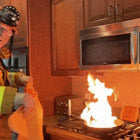 Fire
Fire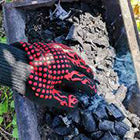 Safety
Safety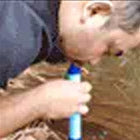 Survival
Survival Protection
Protection New
New
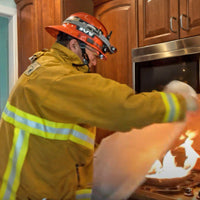 Fire
Fire Safety
Safety Survival
Survival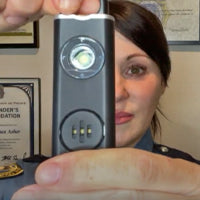 Protection
Protection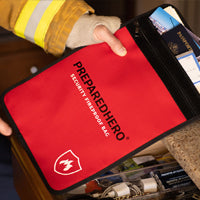 New
New






